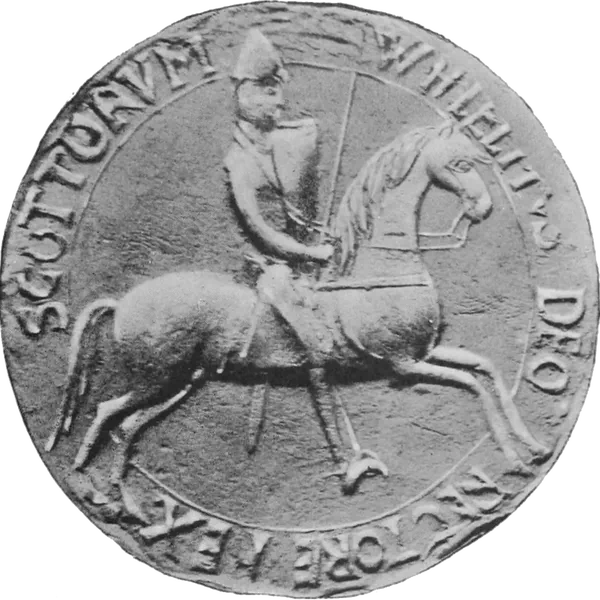On July 13, 1174 in Celtic History
King william surprised and captured by the english at alnwick.

On July 13, 1174, King William I of Scotland, also known as William the Lion, was surprised and captured by English forces at the Battle of Alnwick in Northumberland, England. This event was a significant moment in the conflict between Scotland and England during the 12th century.
Background
King William I: William I, known as William the Lion, was the King of Scotland from 1165 until his death in 1214. His reign was marked by efforts to assert Scottish independence and expand his kingdom’s influence, particularly in the northern parts of England.
Conflict with England: William’s capture was part of a broader conflict between Scotland and England. Earlier in his reign, William sought to recover the northern English territories of Northumbria, which had been lost by Scotland during previous conflicts. This led to a series of confrontations with the English crown, which was under the rule of King Henry II at the time.
The Capture at Alnwick
The Campaign of 1174: In 1174, William led a military campaign into northern England, aiming to capitalize on the unrest in England caused by the rebellion of King Henry II’s sons. William was attempting to reclaim Northumbria and other territories when he was caught by surprise at Alnwick.
Battle and Capture: On July 13, 1174, William and his forces were caught off guard by a small English force led by Ranulf de Glanvill, the Justiciar of England. The Scottish king had only a small contingent with him and was unprepared for a battle. During the ensuing skirmish, William was unhorsed and captured. His capture was a significant and humiliating blow to Scottish aspirations in the region.
Aftermath and Treaty of Falaise
Imprisonment: Following his capture, King William was taken as a prisoner to England. He was imprisoned in various castles, including Falaise in Normandy.
Treaty of Falaise: William’s capture forced him to negotiate with King Henry II to secure his release. The resulting Treaty of Falaise, signed later in 1174, was a major setback for Scotland. Under the terms of the treaty, William was forced to swear fealty to Henry II and acknowledge him as his overlord. Additionally, Scottish castles were to be garrisoned by English troops, and Scotland had to pay a substantial ransom for William’s release.
Impact on Scottish Independence: The Treaty of Falaise severely compromised Scottish independence, placing Scotland under English overlordship. However, the treaty’s terms were eventually reversed in 1189 when King Richard I of England needed funds for the Third Crusade and agreed to annul the treaty in exchange for a large payment from Scotland.
Legacy
William the Lion’s Reign: Despite his capture and the humiliating terms of the Treaty of Falaise, William the Lion continued to rule Scotland until his death in 1214. He spent much of the remainder of his reign consolidating his power within Scotland and working to restore Scottish sovereignty.
Symbolic Significance: The capture of King William at Alnwick and the subsequent Treaty of Falaise are often seen as symbols of the ongoing struggle between Scotland and England during the medieval period. The events underscored the challenges Scotland faced in maintaining its independence against a more powerful neighbor.
The surprise capture of King William I at Alnwick in 1174 was a pivotal moment in Scottish history, leading to a temporary loss of independence that had lasting repercussions for the relationship between Scotland and England.
More From This Day









